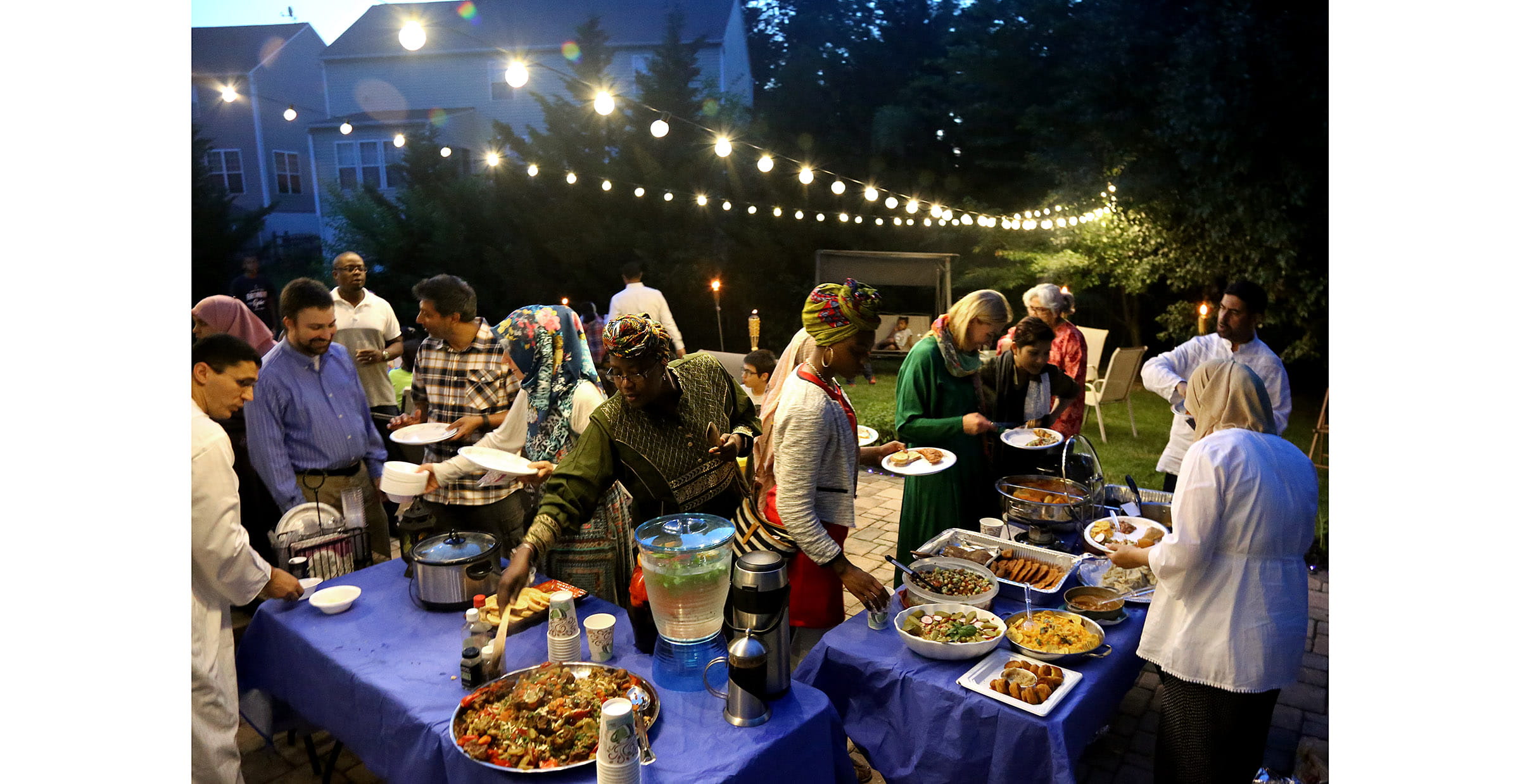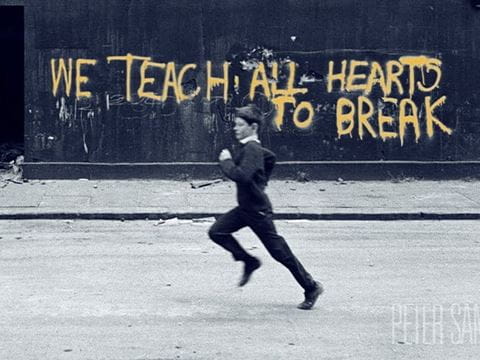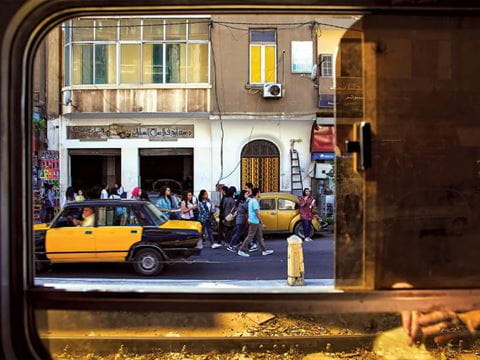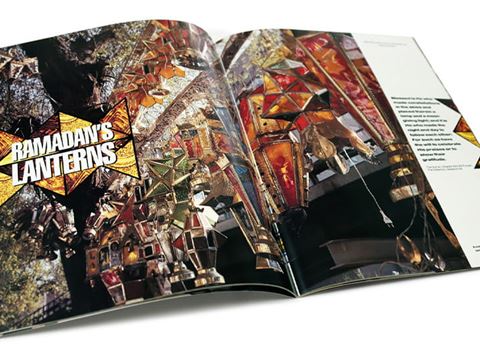
FirstLook: Iftar Nights
Iftar means “fast breaking” in Arabic, and the socializing, sharing and community that goes along with it is a worldwide hallmark of the month of Ramadan.
Iftar nights
Sunday, June 26, 8:42 p.m.,
Howard County, Maryland
We dug in, as we always do, just moments after sunset, as soon as it was time to break this day’s 16-hour Ramadan fast. As cell phone apps played calls to prayer in near synchrony, a small, hungry crowd descended upon the buffet table.
On this night it was a potluck iftar with a heri-tage theme, and the food mirrored some of the incredible diversity of suburban Baltimore itself: There was Malaysian tapioca cake (bingo ubi kayu), Ecuadorian empanadas, Bosnian stew (Bosanski lonac), Uighur steamed squash and lamb dumplings (petir manta), Italian escarole and beans (scarola e fagipoli), African- American bean pie, Senegalese peanut stew (mafe ginaar) and beignets (puff puff), Palestinian lentil soup (shorabit adas) and St. Thomas jerk chicken—all shared along with stories of their origins among friends old and new.
Iftar means “fast breaking” in Arabic, and the socializing that goes along with it is a worldwide hallmark of the month of Ramadan, which this year began on June 6 and ended with ‘id al-fitr (“feast of the fast breaking”) on July 5. (Following US Independence Day, this gave us a delightful double holiday.) In an upcom-ing feature article, I’ll be sharing some of the recipes you see on this table.
—Laila el-Haddad, author of
“Gaza’s Food Heritage” (N/D 11)
Sunday, June 26, 8:42 p.m.,
Howard County, Maryland
We dug in, as we always do, just moments after sunset, as soon as it was time to break this day’s 16-hour Ramadan fast. As cell phone apps played calls to prayer in near synchrony, a small, hungry crowd descended upon the buffet table.
On this night it was a potluck iftar with a heri-tage theme, and the food mirrored some of the incredible diversity of suburban Baltimore itself: There was Malaysian tapioca cake (bingo ubi kayu), Ecuadorian empanadas, Bosnian stew (Bosanski lonac), Uighur steamed squash and lamb dumplings (petir manta), Italian escarole and beans (scarola e fagipoli), African- American bean pie, Senegalese peanut stew (mafe ginaar) and beignets (puff puff), Palestinian lentil soup (shorabit adas) and St. Thomas jerk chicken—all shared along with stories of their origins among friends old and new.
Iftar means “fast breaking” in Arabic, and the socializing that goes along with it is a worldwide hallmark of the month of Ramadan, which this year began on June 6 and ended with ‘id al-fitr (“feast of the fast breaking”) on July 5. (Following US Independence Day, this gave us a delightful double holiday.) In an upcom-ing feature article, I’ll be sharing some of the recipes you see on this table.
—Laila el-Haddad, author of
“Gaza’s Food Heritage” (N/D 11)
You may also be interested in...

Peter Sander's Spiritual Photography
Arts
For more than 40 years, British photographer Peter Sanders has documented communities across the Islamic world. Sanders discusses his legacy with us, including his inspiration and influences over the course of his career.
How to Discover Egypt From the Inside Out
Arts
Rather than just telling travelers where to go, the guidebook Egypt: Inside Out by Trevor Naylor offers an inside-out perspective that evokes the experience of being there, inviting readers to embrace an almost meditative travel discipline of slowing down to take in the details and complexities of Egypt, moment by moment.
Find Ramadan Lanterns on Cairo's Streets with John Feeney
Arts
In the March/April 1992 issue, writer and photographer John Feeney took AramcoWorld readers on a walk through the streets of Cairo during Ramadan.